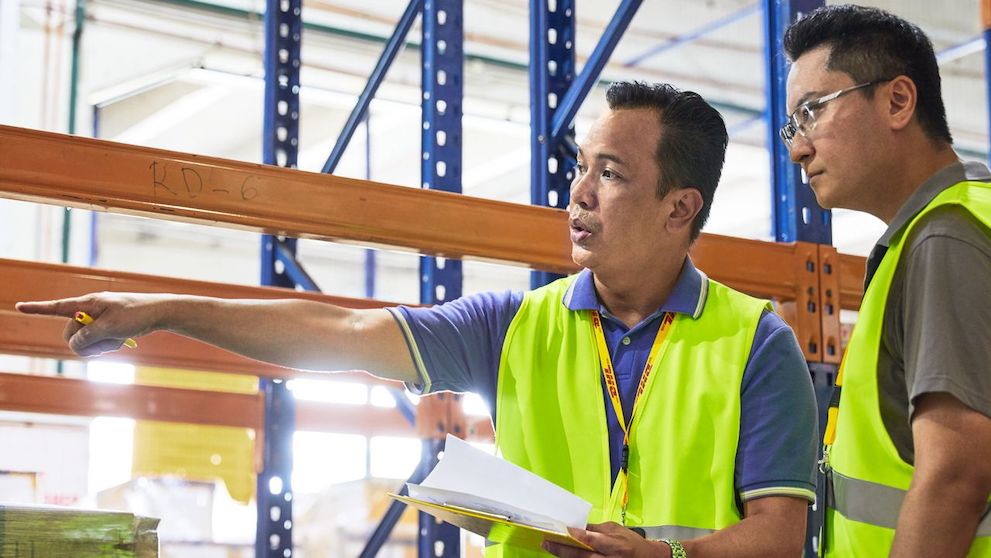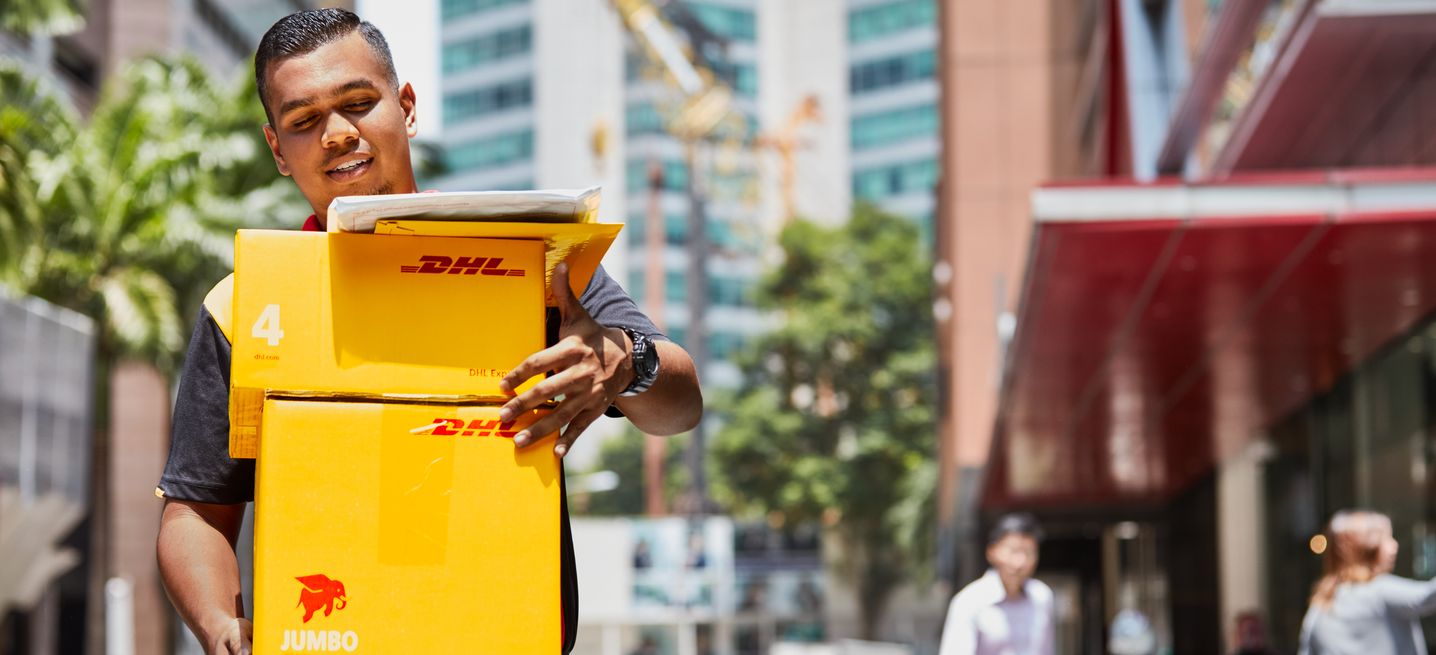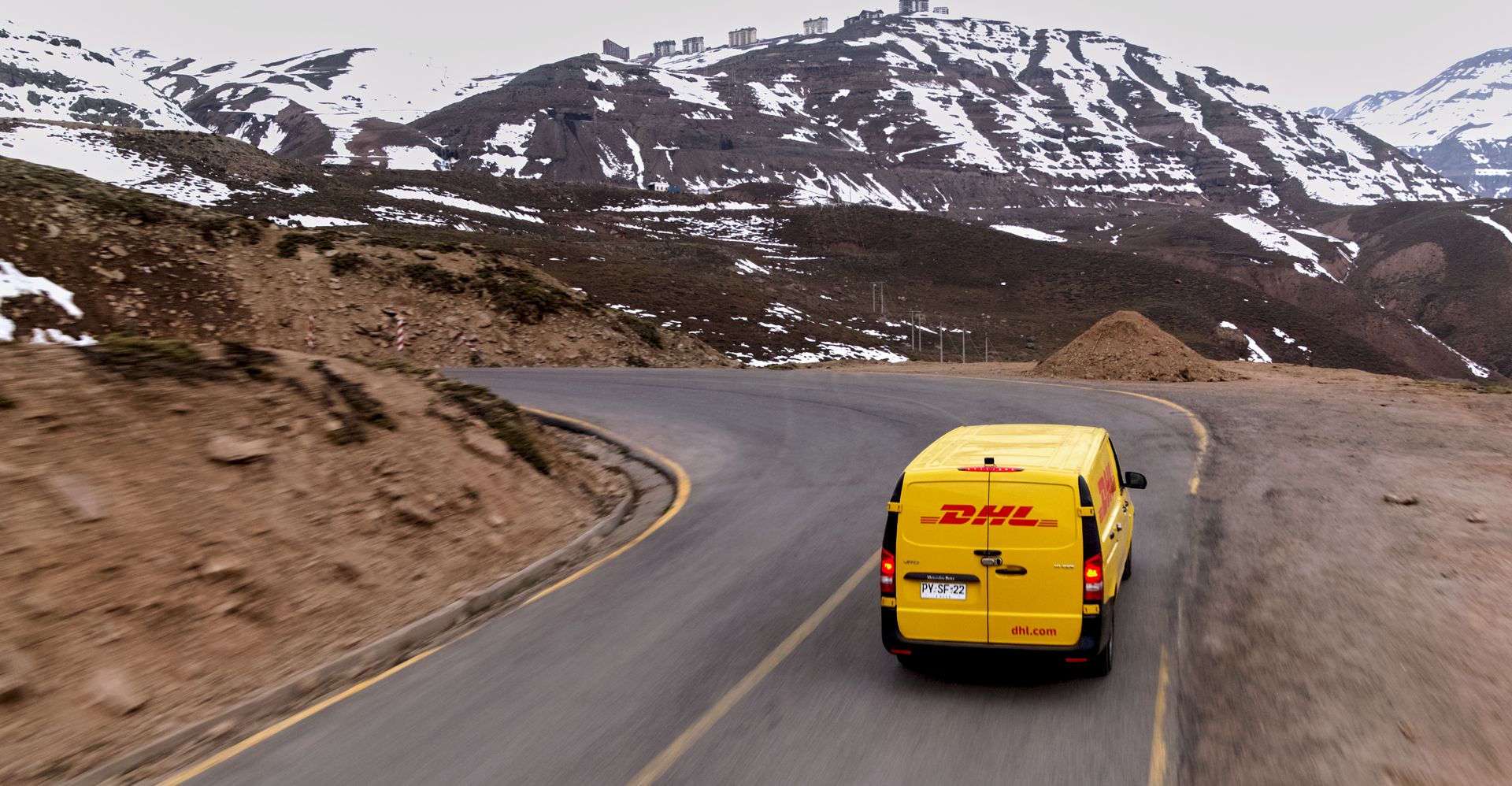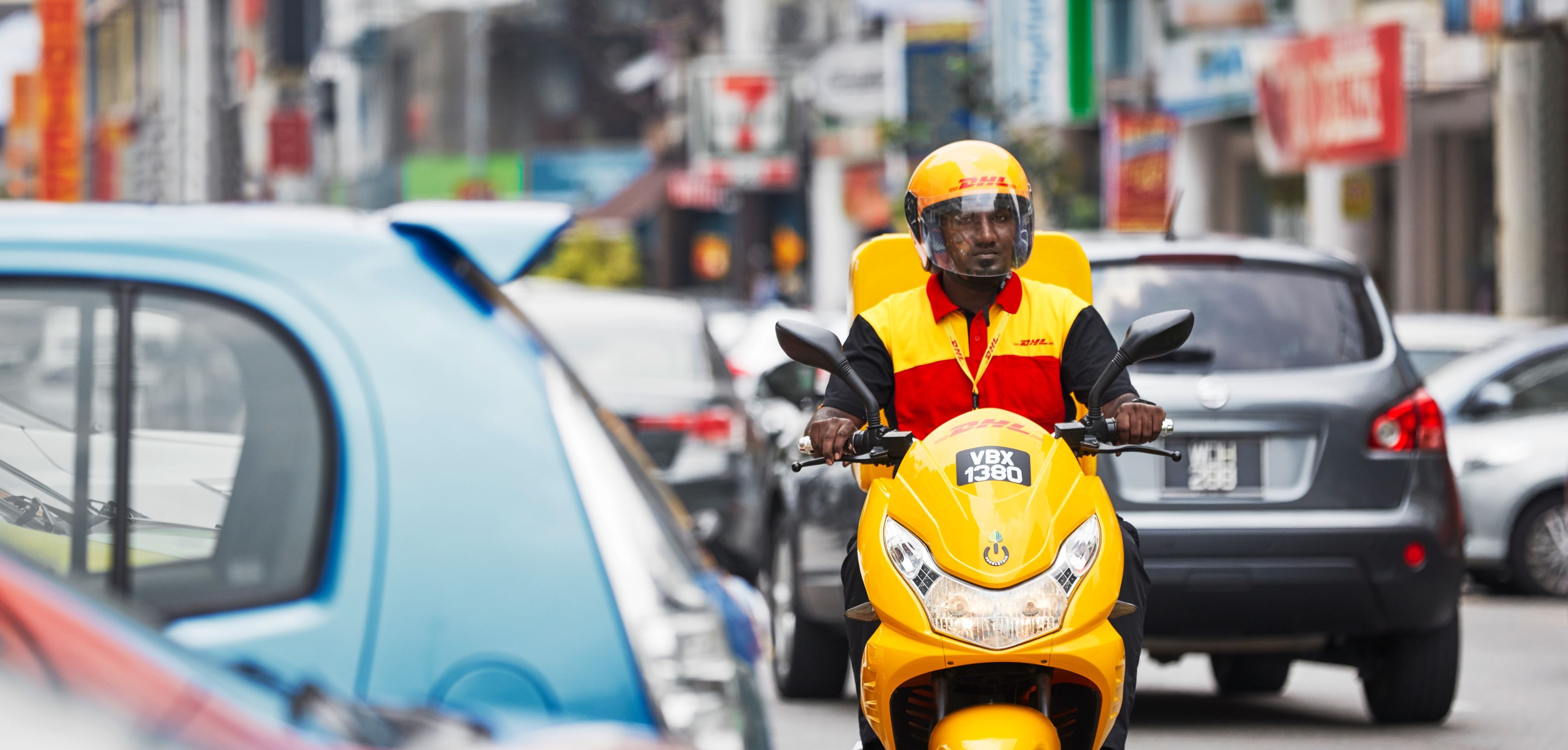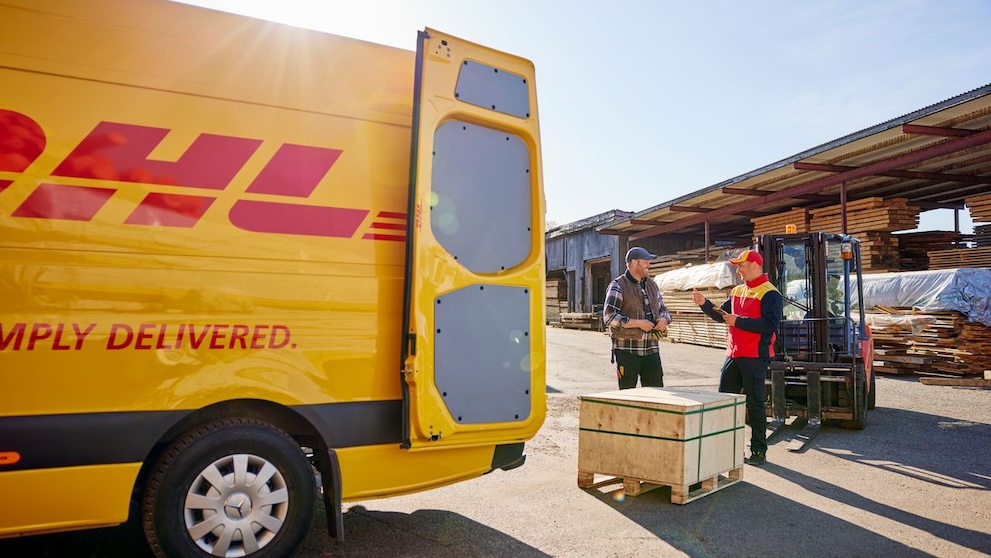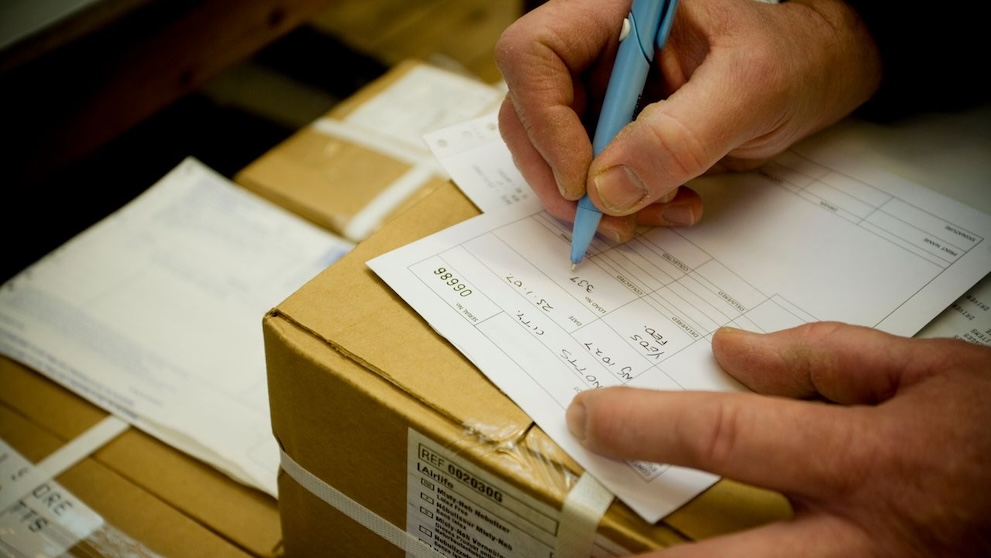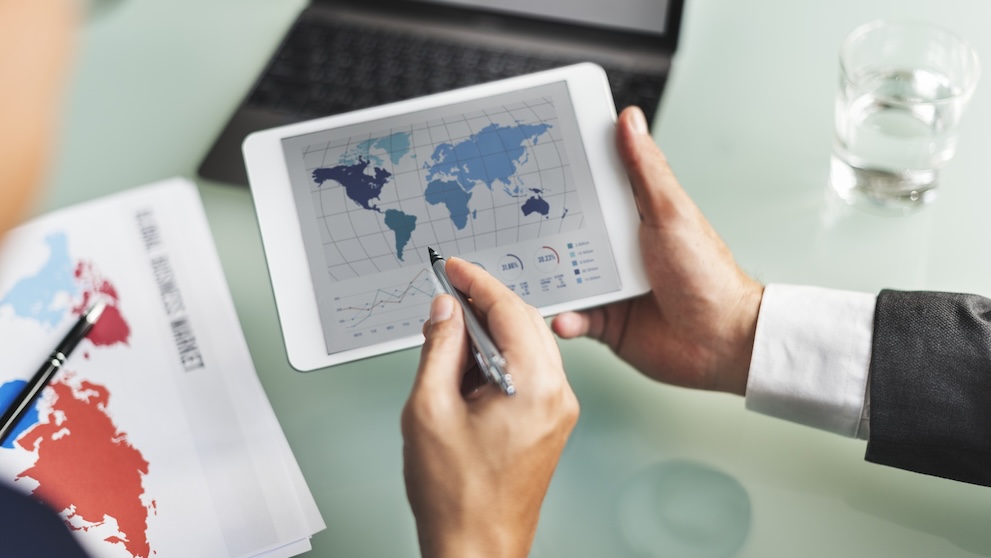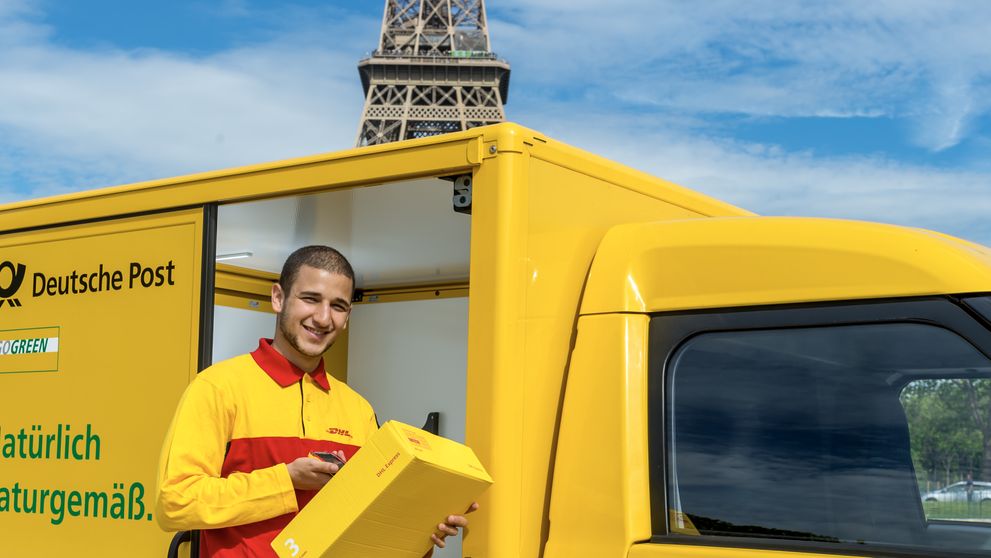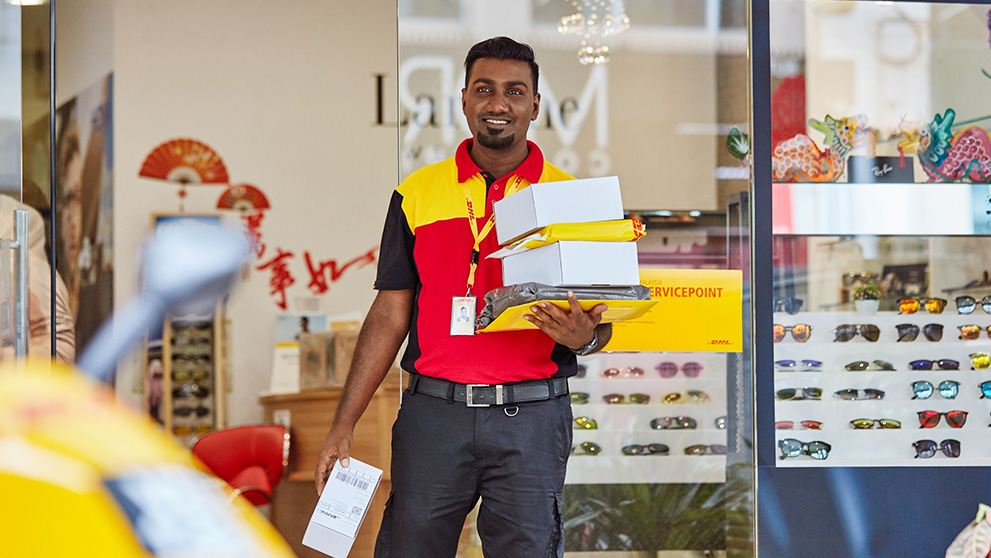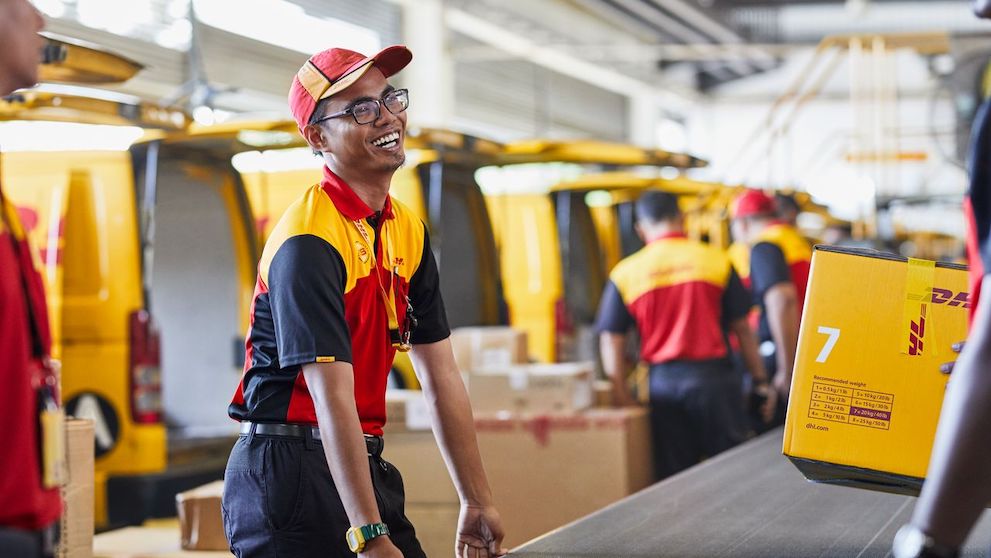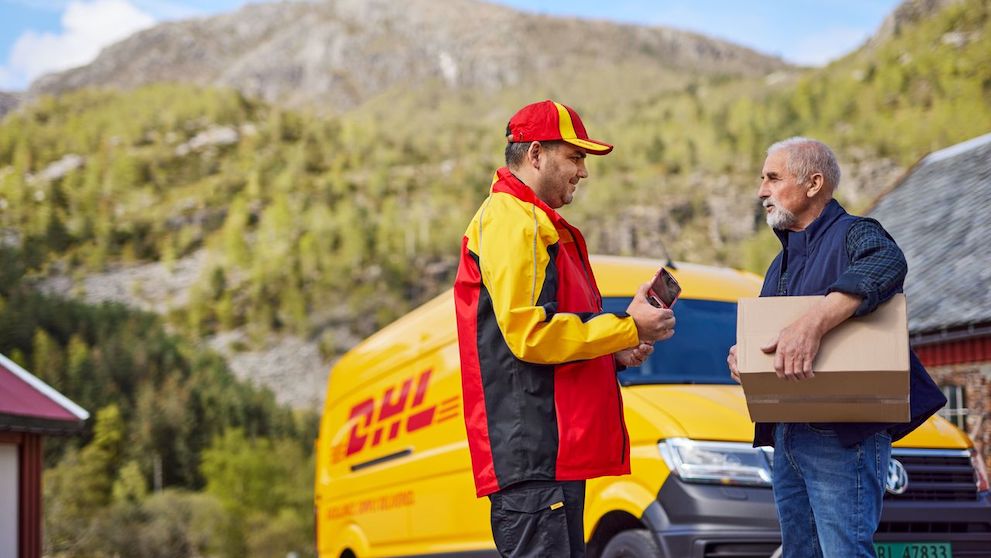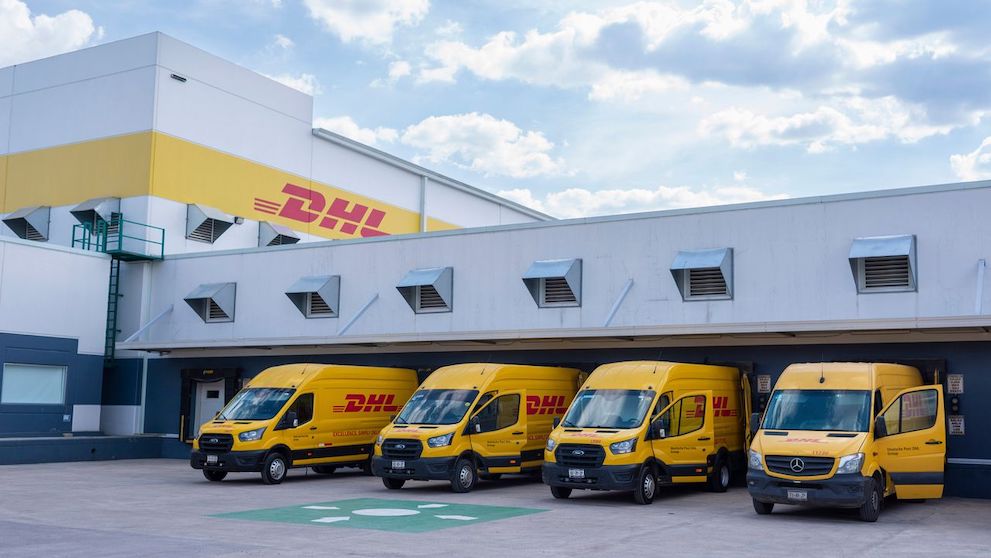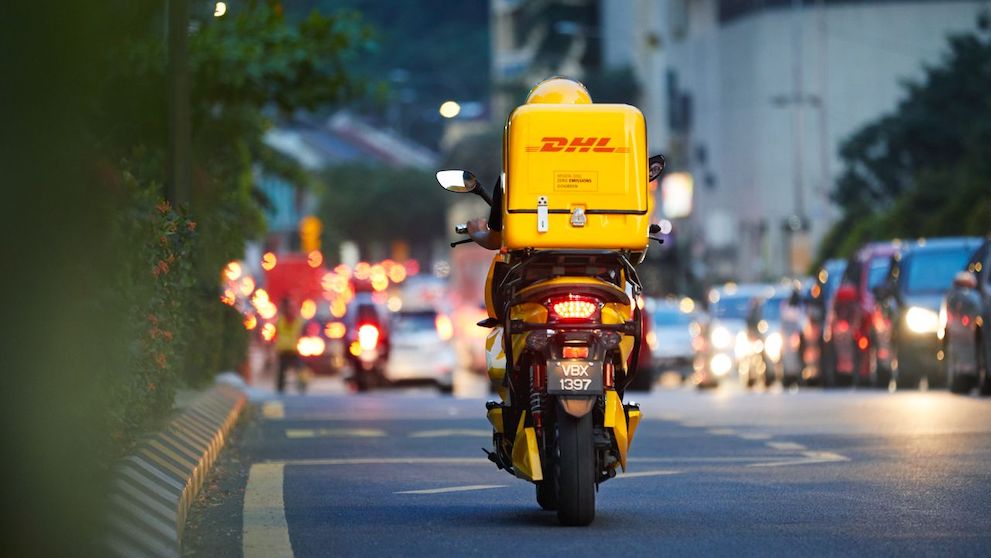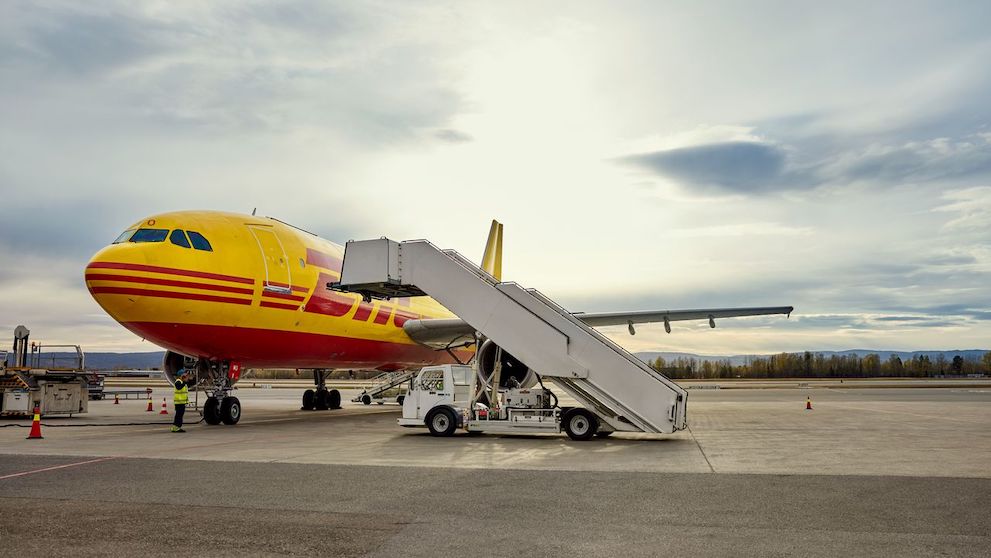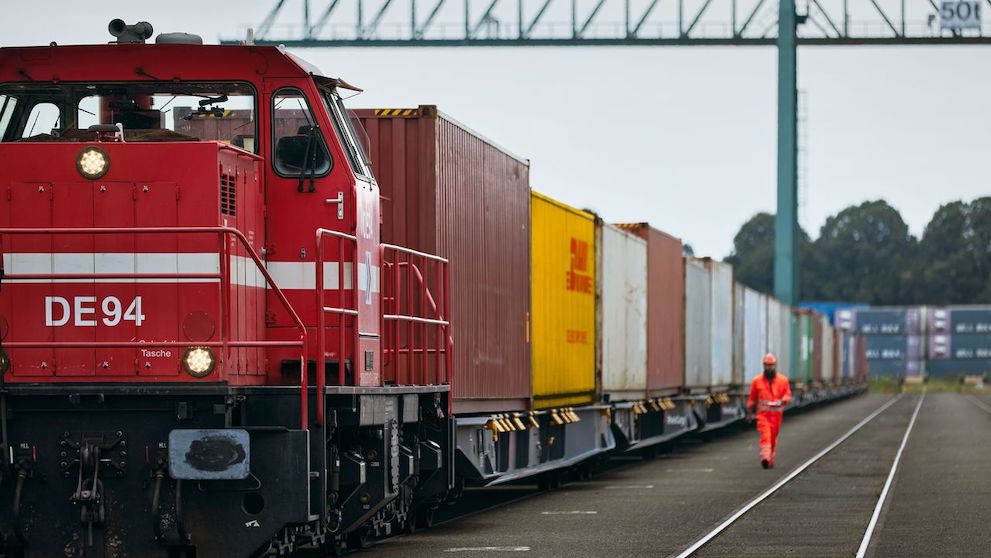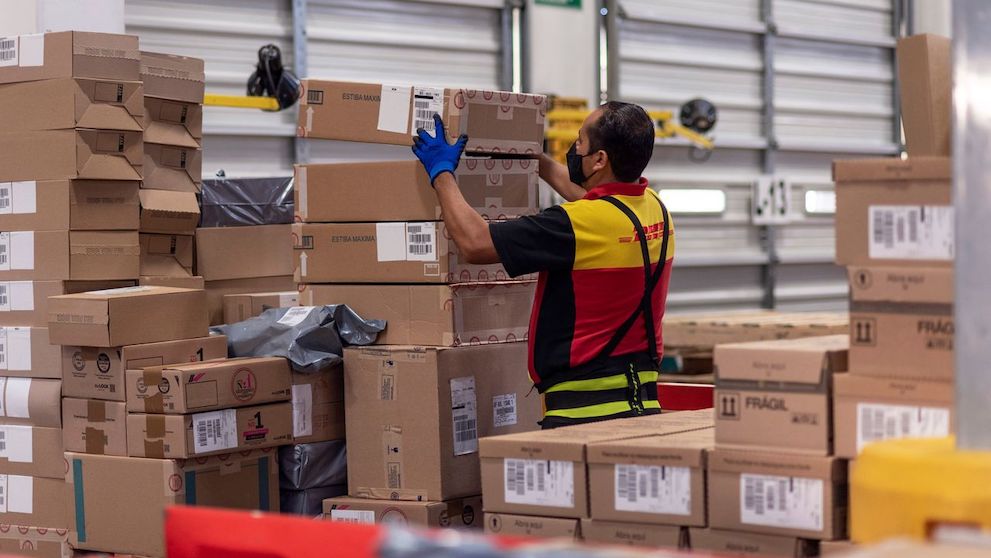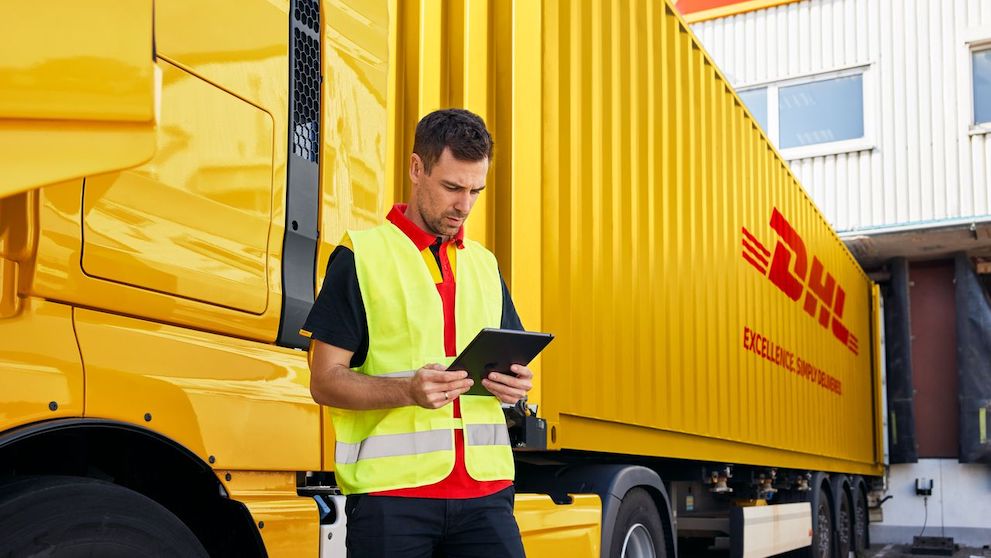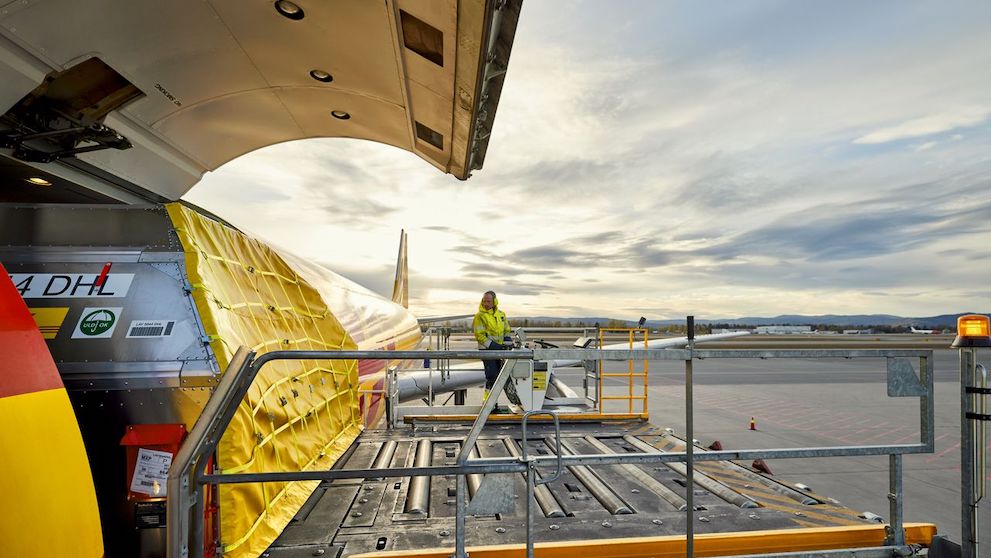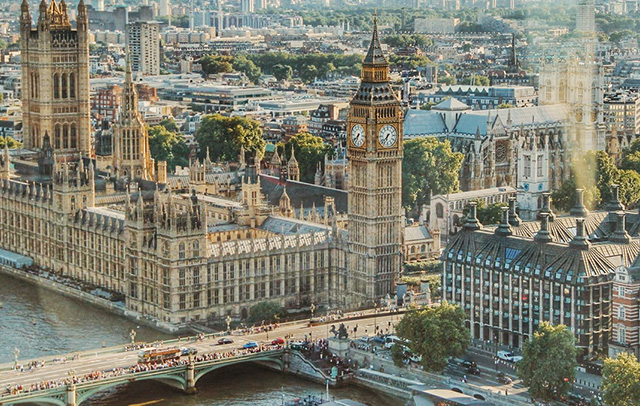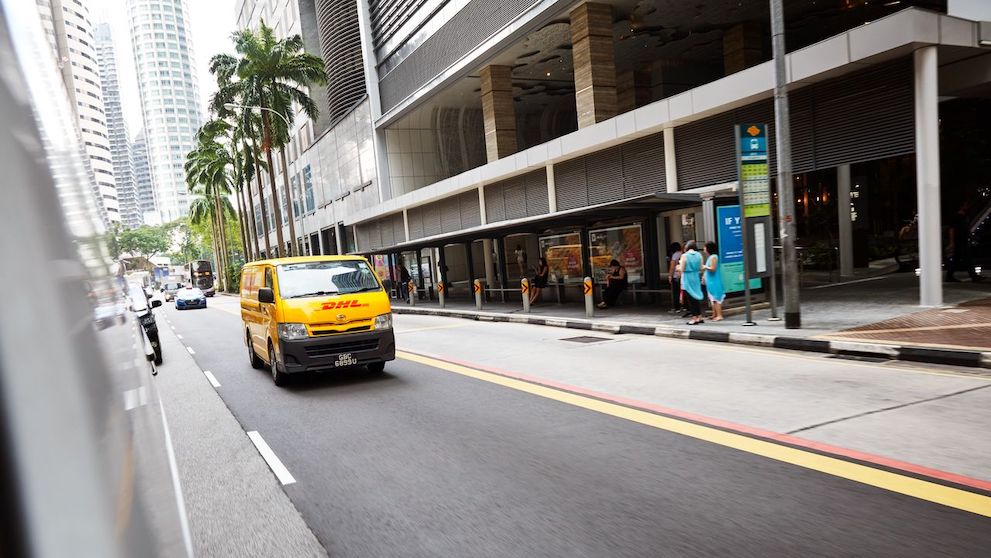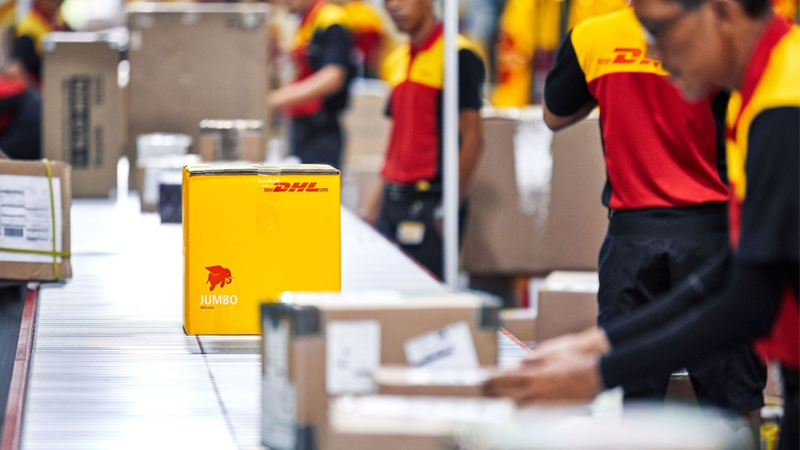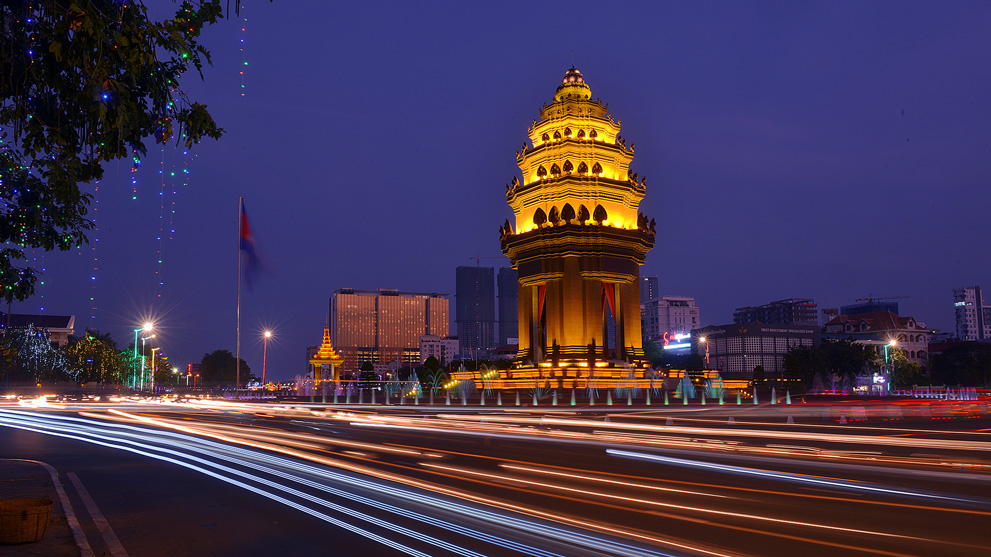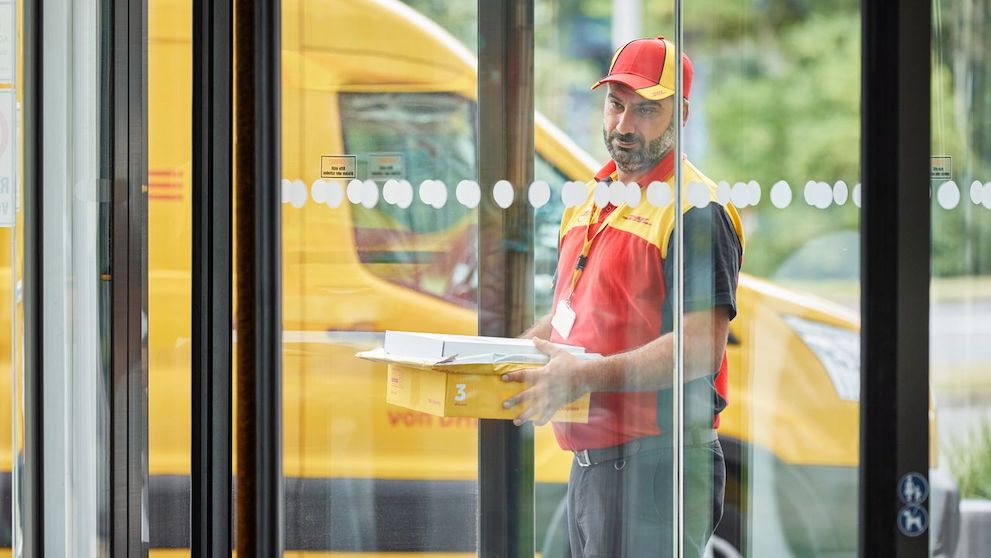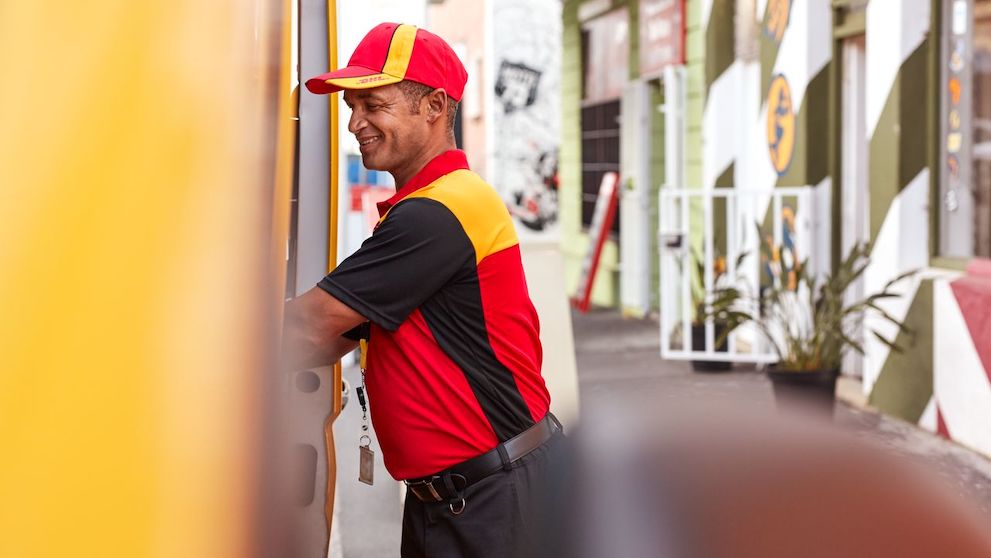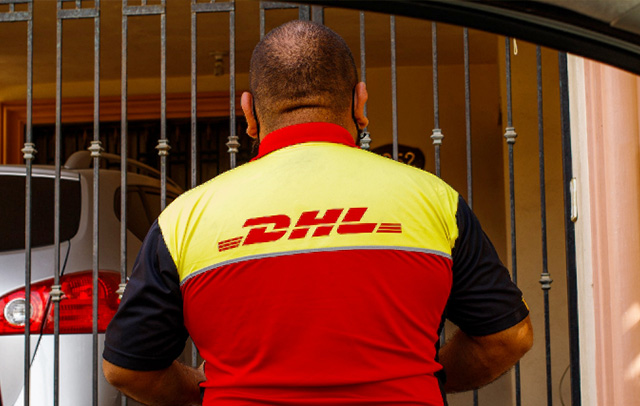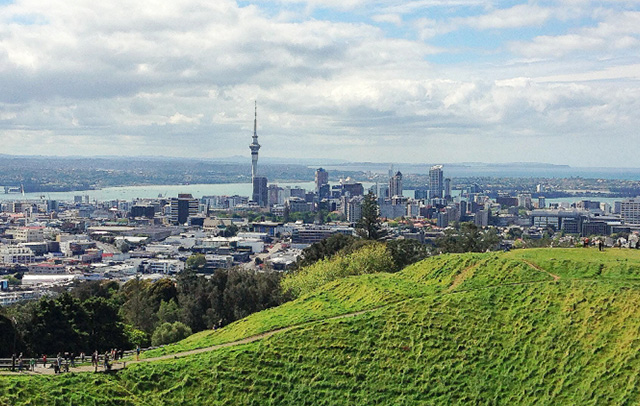Despite a challenging 2020 due to the pandemic, Australia and Singapore experienced positive Year-on-Year (YoY) trade growth from 2021 onwards. With trade valued at S$17.5 billion, Australia ranked as Singapore's 11th largest export partner, and the 15th largest import partner, boasting a trade volume worth S$9.7 billion in 2021. This relationship first came into force in 2003 in the form of the Singapore-Australia Free Trade Agreement (SAFTA). Under SAFTA, 100% of tariff lines have been eliminated, further strengthening trade and investment links between the two countries.
In tandem, the Australia-Singapore Digital Economy Agreement (DEA) supplements SAFTA through a new Digital Economy chapter. This modernises trade rules and diminishes barriers, enabling businesses and consumers to leverage digital trade and the digital economy. Forecasts suggest digital trade could escalate to AU$216.2 billion for Australia and AU$95.6 billion (S$85.3 billion) for Singapore by 2030, adding significant economic value.
Whether you're considering importing goods into Singapore or regularly sending parcels overseas from Australia, understanding the intricacies of customs clearance procedures is essential. Here's your comprehensive guide on how to successfully ship from Australia to Singapore with DHL Express.
Requirements: How to ship from Australia into Singapore
There are several requirements for importing goods into Singapore. The Customs Act, the Goods and Services Tax (GST) Act, and the Regulation of Imports and Exports Act regulate all goods that are imported into Singapore. The requirements are as listed:
1. Register for a Unique Entity Number (UEN)
Prior to importing goods into Singapore from Australia, importers must register for a UEN with the Accounting and Corporate Regulatory Authority (ACRA). After registration, the importer must activate their Customs Account via TradeNet.
2. Check if the goods are prohibited
The next step is to check if the goods you want to import fall under the controlled or prohibited goods category. You can search for these products by using their HS codes. If special licences are required, you will have to apply for them.
3. Apply for Inter-Bank GIRO
Another necessary step for importing goods into Singapore is to open an Inter-Bank GIRO (IBG) account with the Singapore Customs. With this account, you can make payments of duty fees and taxes, as well as additional charges, directly to the Inland Revenue Authority of Singapore (IRAS). You must apply for an IBG if you don't have one.
4. Guarantee safety
If you are importing dutiable goods, you will need to guarantee that they are safe. Guarantees from a bank or finance company, as well as insurance bonds, are acceptable types of security.
5. Get a Customs Import Permit
To import goods into Singapore, a permit is required. You’ll need to register with the ACRA or obtain a UEN from the relevant UEN agency and activate your Customs account. After that, you can submit your permit application via TradeNet.
6. Prepare documents for customs clearance
The final step is to prepare documents for cargo clearance. The documents you will need for customs clearance when importing goods into Singapore include the following:
Waybill: Includes complete and accurate goods descriptions, including value that must match the commercial invoice.
Commercial invoice: Includes a clear breakdown of all costs such as Goods Value, Freight, Insurance, and packing costs. It should be on the supplier company letterhead, with the Incoterm declared.
Packing list: Details accurate itemised descriptions of products being shipped.
Permits, licences, certificates, and any other necessary documents. Copies must accompany paperwork, and original copies must be presented to DHL and the Australian Border Force.
7. Understand export-import taxes and duties
It is also worth understanding Australia's export taxes, Singapore's import taxes and duties, and any additional customs clearance fees you may need to cater for. For example, if the customs value of your goods is AU$1,000.00 to AU$10,000.00, you’ll need to pay AU$88 worth of formal clearance fees. Values recorded over AU$10,000.01 will require payment of AU$190.
Prohibited products
It is prohibited to import the following items into Singapore:
Chewing gum (with exceptions being made for dental and medicated chewing gums)
Endangered animals or goods derived from the body of these animals (example: Rhino horn).
Firecrackers
Pistol or Revolver-styled cigarette lighters
Scanning Receivers
Military Communication Equipment
Telephone Voice Changing Equipment
Radio-Communication Jamming devices
Pornography
Seditious and Treasonable materials
Cigarettes and other Tobacco Products
Common products imported from Australia to Singapore
The express market in Singapore demonstrated positive trajectories in 2022, with both exports to Australia and imports from Australia charting encouraging growth. This trend is anticipated to uphold its steady pace into the future. Particularly, imports from Australia into Singapore marked a significant increase, with a YoY growth of 16.6%. In contrast, exports from Singapore to Australia recorded a 5.9% growth.
Singapore is an evolving economic hub that provides Australian exporters with lucrative opportunities to do business. The country also has a thriving food service sector that allows many Australian companies to venture into importing food into Singapore. Imports from Australia into Singapore were dominated by temperature or climate control items (including fresh/frozen foods) and raw materials, industrial consumables and foods.
Other common imports from Australia include the following products:
How DHL Express can help you import Australian goods into Singapore
As a leader in international express delivery, DHL Express prides itself on having the largest international air express market share in Australia. With 11 DHL sites in Australia certified by the Transported Asset Protection Association (TAPA), Aviation Security Status, and Regulated Air Cargo Agent, our network is prepared to handle your goods, whether you're shipping from Australia to Singapore or importing the other way around. We have a selection of shipment tools that can help you import from Australia easily. When you work with a third-party logistics company that provides excellent and reliable shipping services, you can rest assured that your customers will always have a positive experience.
Whether you’re prioritising cost-effectiveness or speedy insured delivery, make your next shipment a breeze by choosing DHL Express. Choose the cheapest shipping costs from Australia to Singapore or opt for the fastest delivery service – we’ve got you covered. Let us handle your customs clearance when you are importing alcohol, food and other types of goods into Singapore. We know the ins and outs of prohibited items and other customs clearance regulations, ensuring your shipment doesn't face unnecessary delays. Sign up for a DHL Express business account to start shipping from Australia to Singapore today.
